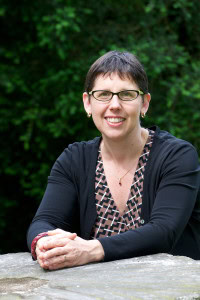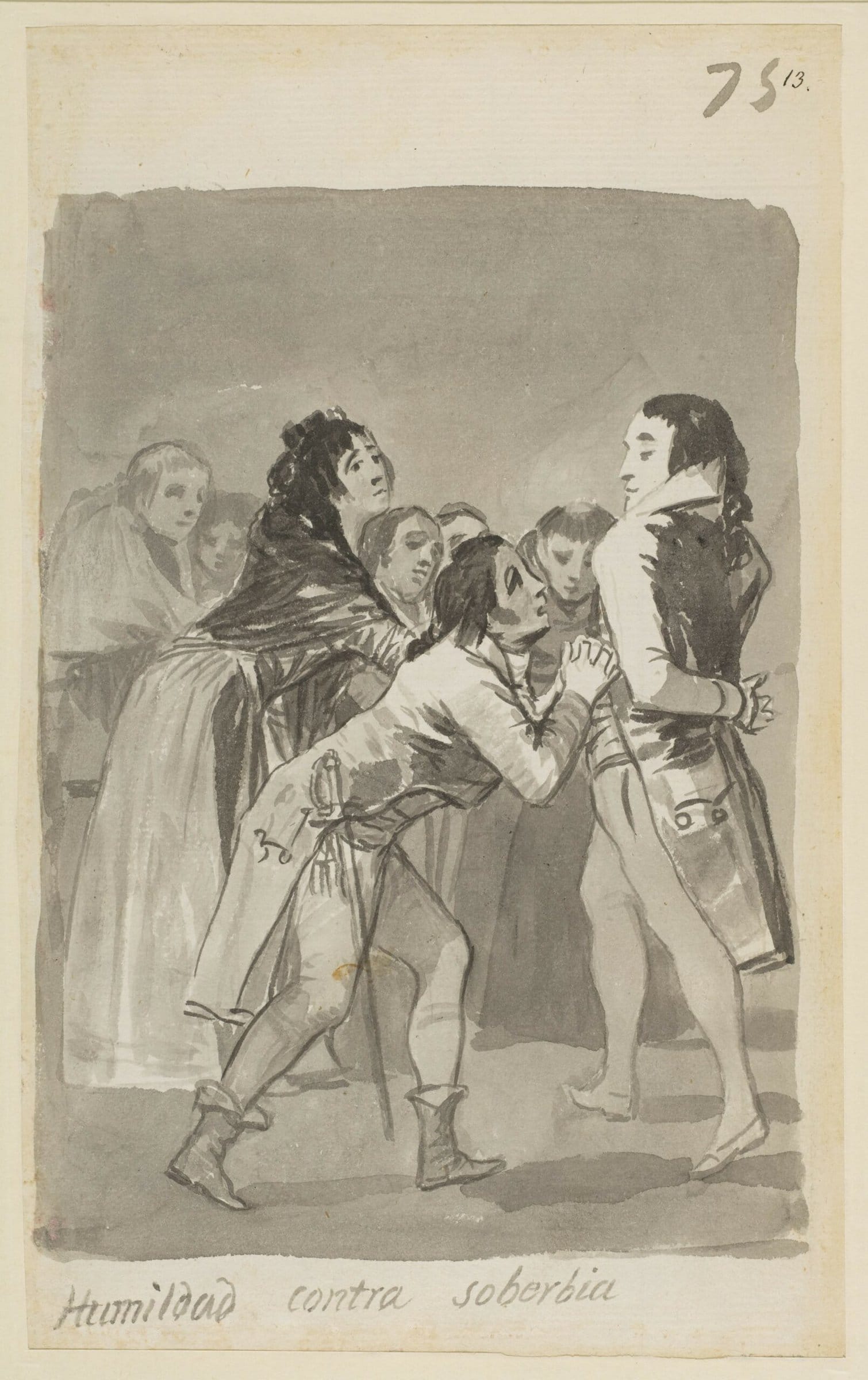AHA members are involved in all fields of history, with wide-ranging specializations, interests, and areas of employment. To recognize our talented and eclectic membership, AHA Today features a regular AHA Member Spotlight series.
Lynn Rainville is a research professor in the humanities at Sweet Briar College and the director of the Tusculum Institute (for public history). She lives in Charlottesville, Virginia, and has been a member since 2014.
Alma maters: BA, history and anthropology, Dartmouth College, 1993; MA and PhD, anthropology and archaeology, University of Michigan, 2001
Fields of interest: Virginia history, African American communities (antebellum through the present), the history of education, historic cemeteries, World War I and its memorials, Near Eastern archaeology
When did you first develop an interest in history?
I grew up in a suburb of Chicago. My parents regularly took me to the Field Museum of Natural History. Later, in high school, I volunteered as an archivist at the Evanston Historical Society.
What projects are you currently working on?
I am studying Virginia’s role in World War I, including its training camps, industrial complex, horse/mule farms, Red Cross installations, and, after the war, the erection of memorials and statues. I am collecting and sharing information about this project via a website: https://www.lynnrainville.org/ww1-memorials/index.
I am also writing a book about African Americans at Sweet Briar, Virginia (first as enslaved laborers and later as college employees) titled “Invisible Founders: African Americans at Sweet Briar, 1815–2015.” And given the college’s sudden decision to close (during the summer of 2015) I am working quickly to complete several articles about archaeological sites, historic buildings, and cultural landscapes at Sweet Briar College.
Have your interests changed since graduation? If so, how?
I spent over a decade years digging up Assyrian houses in southeastern Turkey (ancient northern Mesopotamia), with the occasional trip to India, Mexico, and Syria. After I earned my PhD, I moved to Virginia and started exploring the landscape of the more recent past. This has led to several interdisciplinary projects that combine my interests in historic documents, artifacts, architecture, oral histories, and archaeological sites. I use these diverse sources to uncover forgotten stories about and contributions to American history. In the past 15 years I’ve studied segregated schools, antebellum plantations, historic African American cemeteries, and, most recently Virginian soldiers who served in World War I.
Is there an article, book, movie, blog etc. that you could recommend to fellow AHA members?
John Stilgoe’s Outside Lies Magic. In this short, readable book, Stilgoe encourages the reader to get outdoors and discover the fascinating patterns behind mundane objects like power lines, mailboxes, and fences.
What do you value most about the history profession?
Knowing the history behind people, places, and things makes the ordinary into something extraordinary. For example, years ago I ran across an old perforated plank of wood in a rural barn and I realized that it was a century-old “cooling board” used to lay out a body in the nearby farmhouse. This artifact, in turn, illustrates American mortuary traditions (using domestic parlors as a site to pay ones respects to the dead) prior to the rise of funeral homes.
Why did you join the AHA?
To stay better informed about ongoing research by my colleagues.
Other than history, what are you passionate about?
My twin daughters, mystery books, maps, the perfect cup of coffee, and exploring new places.
This post first appeared on AHA Today.
This work is licensed under a Creative Commons Attribution-NonCommercial-NoDerivatives 4.0 International License. Attribution must provide author name, article title, Perspectives on History, date of publication, and a link to this page. This license applies only to the article, not to text or images used here by permission.



